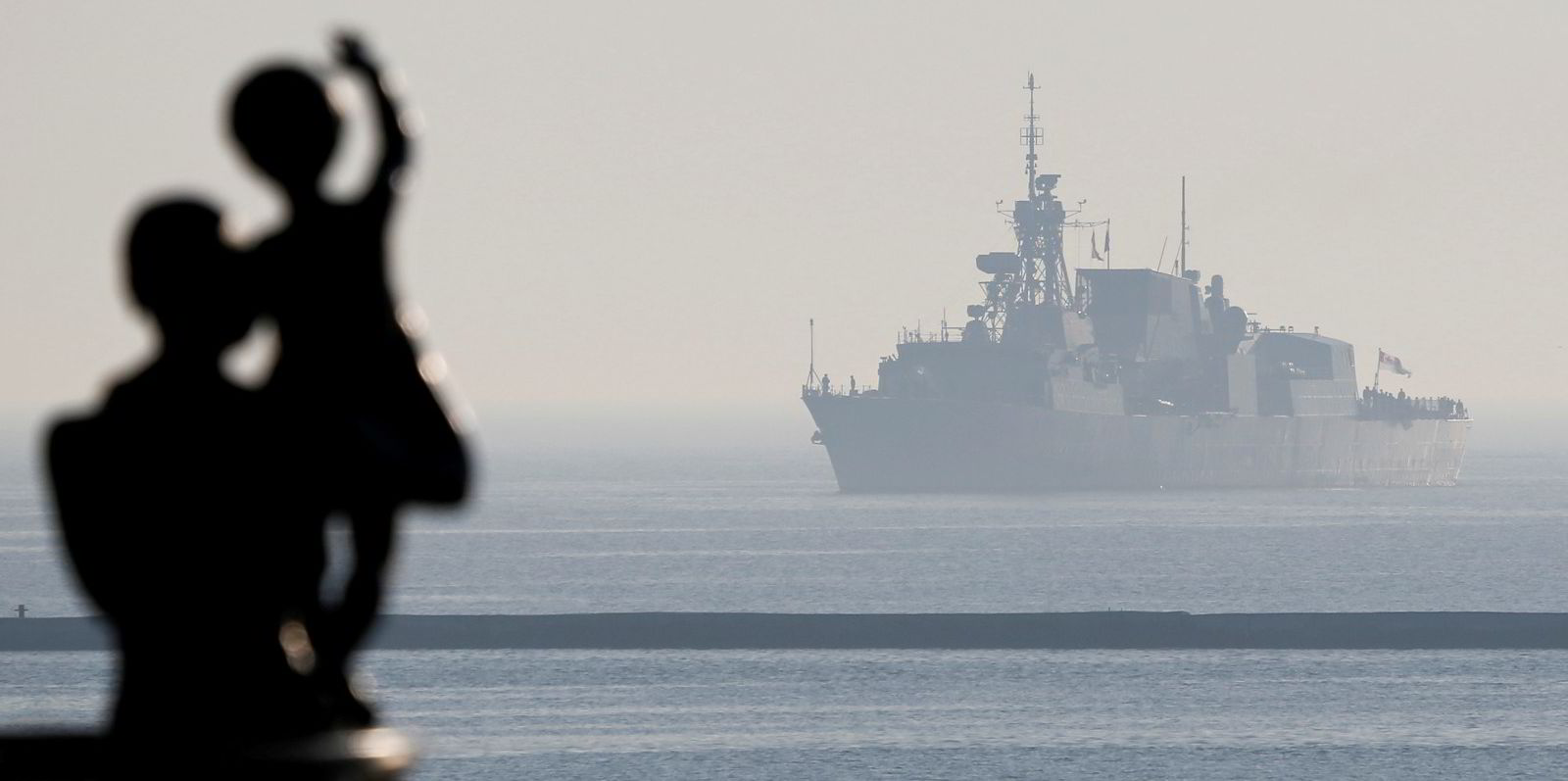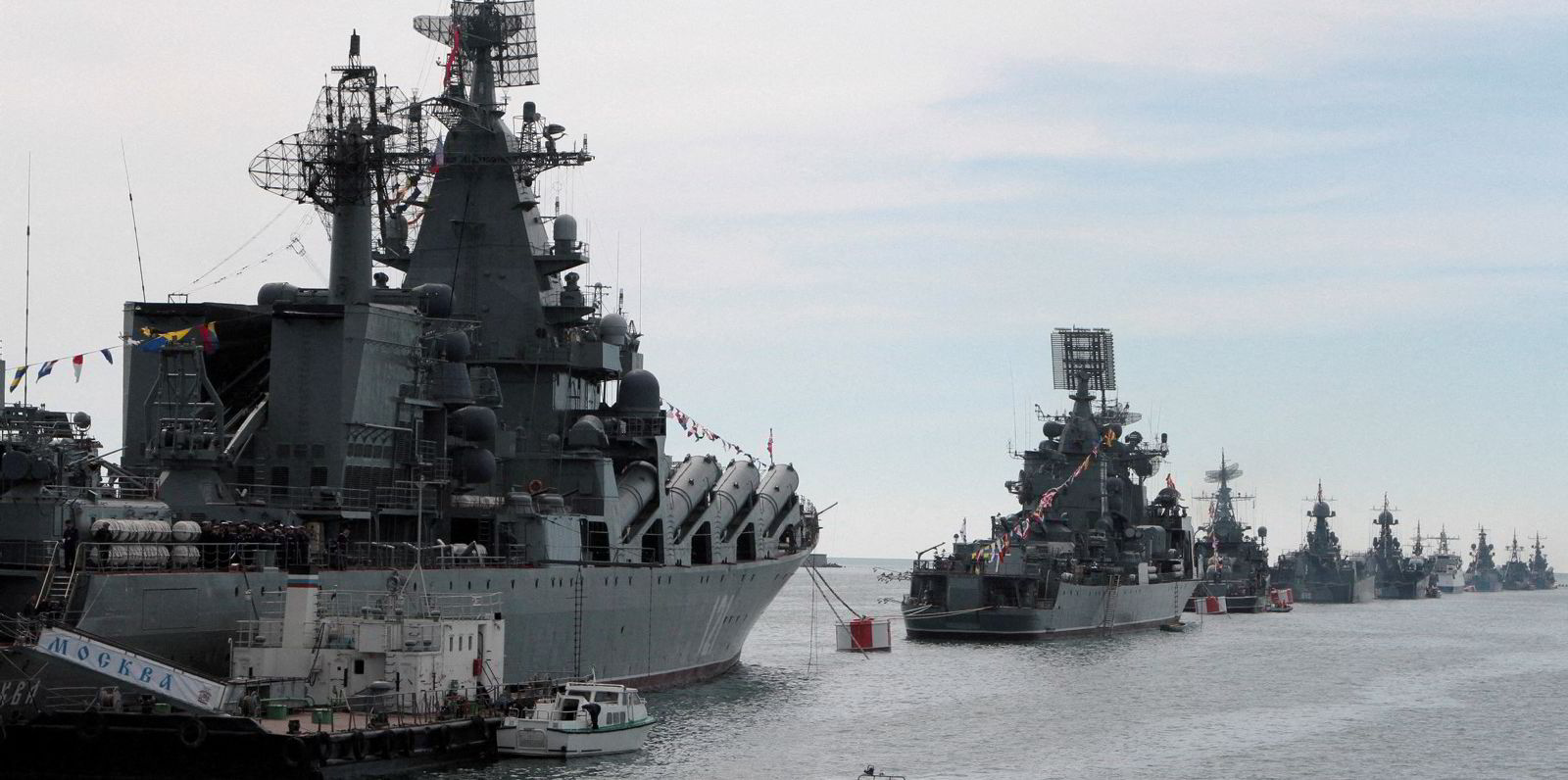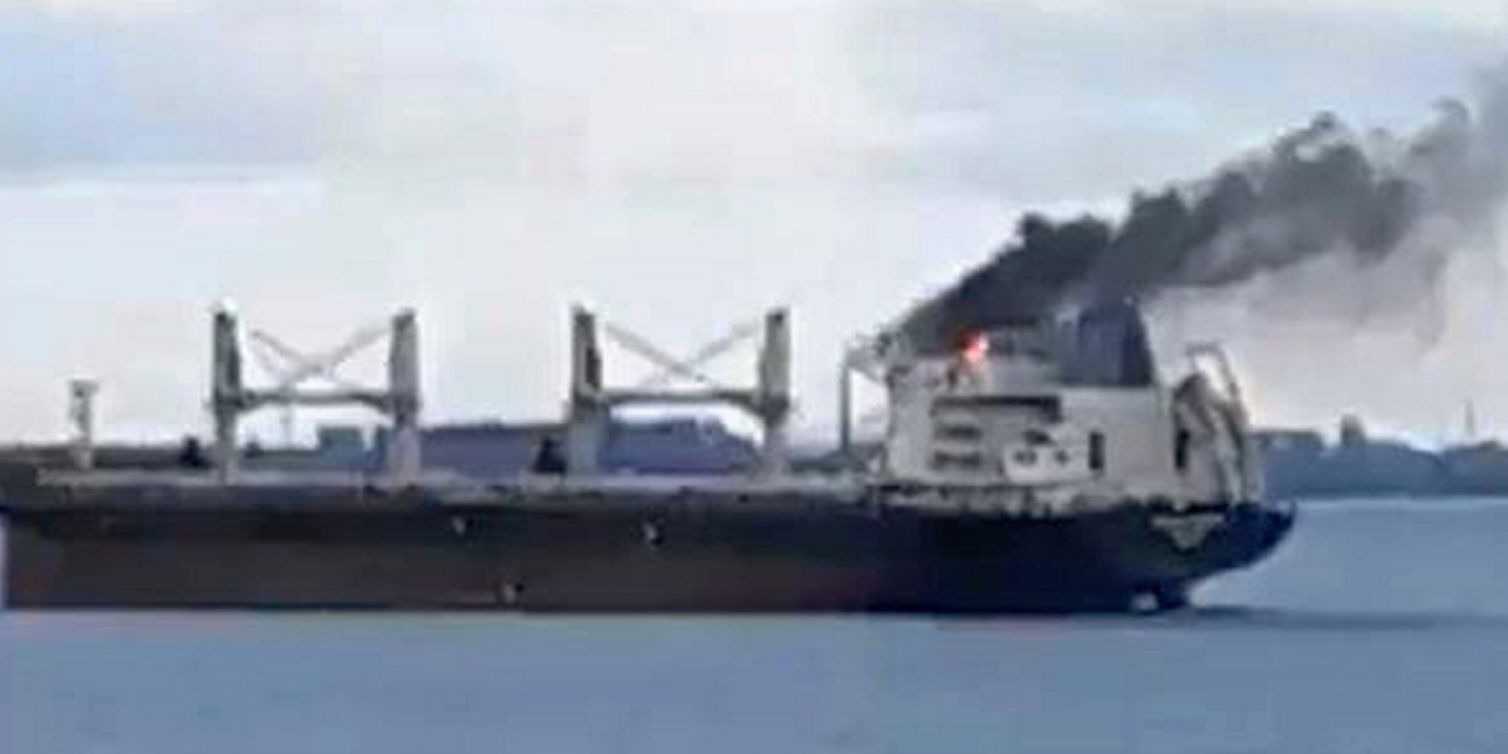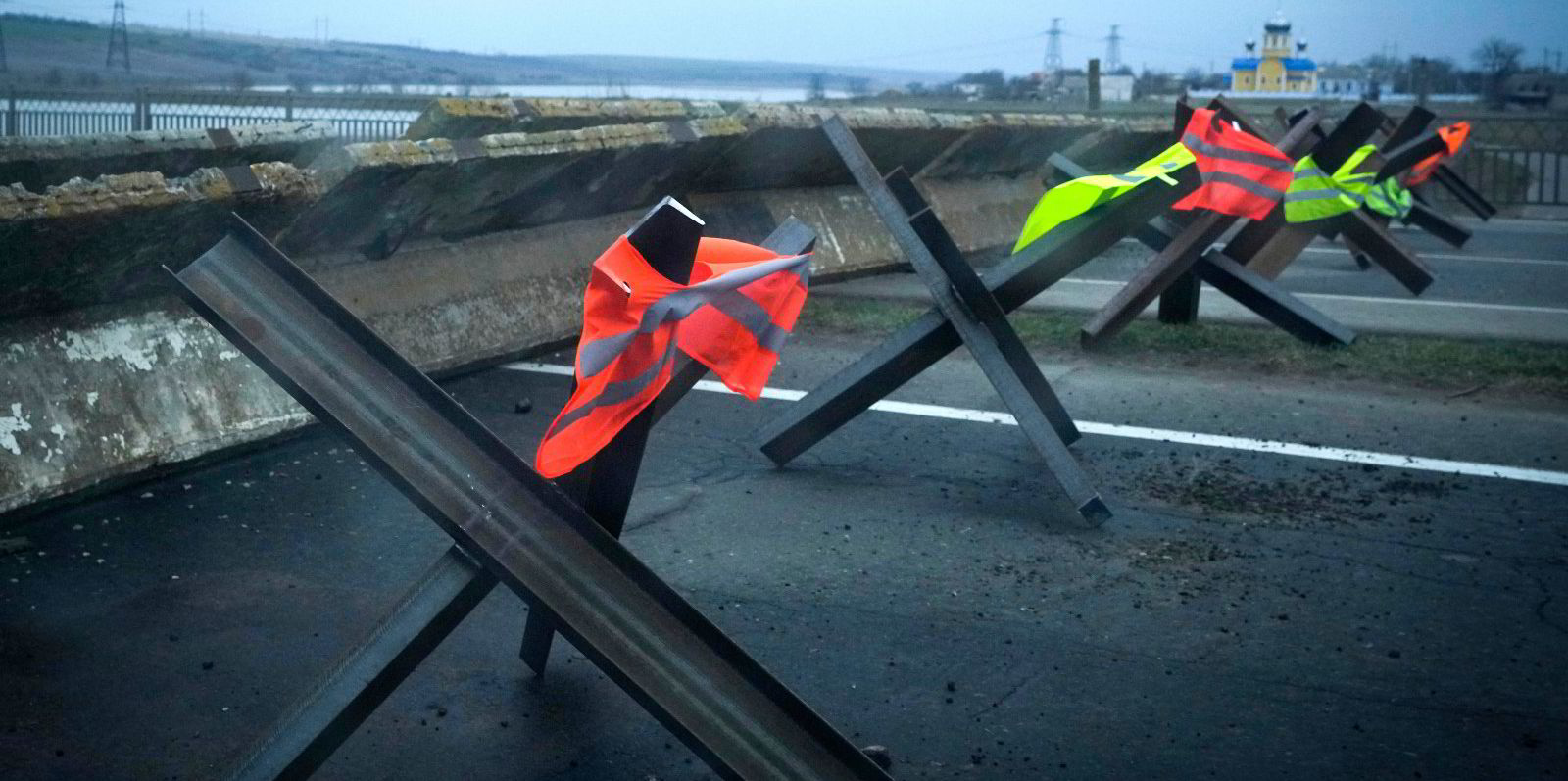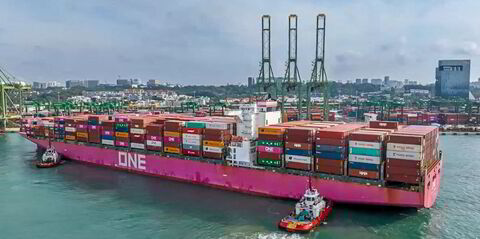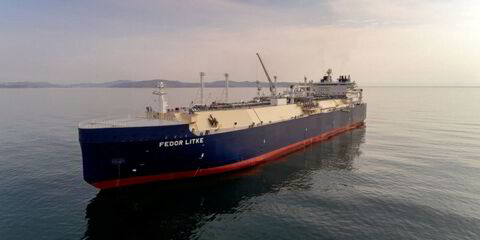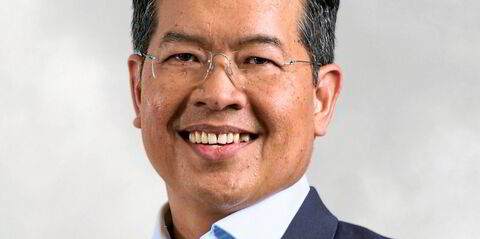The job of a maritime lawyer at a busy port is not supposed to include the prosecution of war crimes.
But, at the time of writing in besieged Odessa, Evgeniy Sukachev, senior partner of one of the country’s biggest maritime law firms, is documenting military crimes against civilian shipping, and preserving the evidence for use in the tribunal that he believes will inevitably be convened to prosecute them.
“There are about a hundred vessels under foreign flag trapped in Odessa by the blockade by ships of the Russian Federation. Five trading vessels have been attacked, one of them sank and one is still burning in our waters,” Sukachev said in a recent telephone conversation.
“All these incidents — attacks on peaceful civilians, on ships not under Ukraine flag — are war crimes,” said Sukachev. Air-raid sirens sounded in the background.
TradeWinds has previously reported on the death and injury of merchant seafarers in attacks, and reports of the use of one general cargo ship as a seagoing “human shield”. When civilians are deliberately attacked in this way, the battlefield becomes a crime scene, one in which preserving evidence is a challenge.
“We hope and we are sure that in the nearest time, a tribunal will be convened to hold proceedings against the people who have done this, from the top leader down to the individual pilot,” he said.
Odessa lives under the threat of aerial bombardment and is under siege from the sea, with no substantial Ukraine fleet to defend it against the Russian ships now in Odessa Bay.
Three attempted amphibious landings aimed at Odessa have failed, he said, and on the night of 7 March, Ukrainian shore rocket batteries destroyed one of the blockade ships, the 94-metre, 80-man Vasiliy Bykov (commissioned 2018).
Despite these circumstances, Sukachev said his Black Sea Law Co is continuing to provide services to his mostly foreign clients, although much legal business is on hold and all lawyers are working from a separate secure location.
But his big task now is documenting attacks on civilians at sea, both as part of his job and as part of the war effort.
“Any piece of information is important. Video, phone records, official documents, and information from the port authorities and seafarers — we collect everything in a box as a case file. It will be very important to collect all the evidence, not just for a war-crimes tribunal but also arbitrations and actions for damages,” he said.
“These cases will not be against insurance companies, but against the Russian Federation, and that is important.”
Like other firms in the Ukraine Maritime Bar Association, his legal team also digitalise the information and upload it to the cloud for preservation in case their offices are destroyed in an attack.
In the eight years since the conflict in which Russia took substantially all Ukraine’s naval fleet along with the Crimean peninsula, many private citizens have been assembling their own personal arsenals, and like other Ukrainian men of up to 60 years, Sukachev could be called up for military service.
“I have ammunition myself since 2014,” he said. “I am sleeping with it.”
‘Planned for years’
Odessa is one of the most multinational parts of Ukraine, with a large ethnic Russian component in the mix, and some have been inclined to see Russia’s side in previous disputes. One Odessa shipowner with a foreign reputation, Viktor Baranskiy, has even been active as a politician in a generally pro-Russian political party.
But Sukachev said that divisions within shipping and in the larger society have disappeared now.
“Nowadays even the people who had thoughts that Russia could be right have changed because we see that this invasion has been planned for years,” he said.
He has limited sympathy for belated expressions of support from businesses within Russia, including those in shipping.
“We don’t need their words of apology now. They should have done that before and changed the regime in Russia,” he said. “For their silence, Ukraine is paying a great price.”
Sukachev added a reckoning is also coming for Ukrainian shipping businesses with very close connections to the Russian state.
“All such relationships will be under detailed review in the nearest future,” he said.
